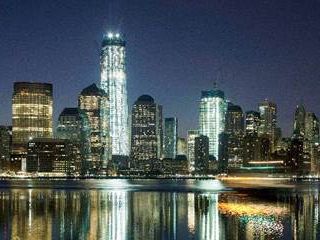Who owns the city?
| Date: | 12 September 2017 |
| Author: | L.G. Horlings |

In June 2017 Prof. Saskia Sassen gave a presentation in Dublin during the annual conference of the Regional Studies Association. She talked about ‘extreme cities’ and applied an approach of what she termed as analytics tactics to destabilize stable meanings and to provide explorations 'in the shadows of powerful explanations'.
She started with the intriguing question: what is the steam engine of our epoch? That which can make a new ordering? An example: the value of credit default swaps outstanding is more than the sum of all GDP. According to Sassen cities are enabling a whole set of capabilities but also rather negative ones. The city is a complex but incomplete system. Other systems have outlived this, such as neighbourhoods.
Who owns the city? She showed a figure of the ratio of household credit to personal disposable income from 2000-2005. The big international banks own these debts and have extracted money from millions of households. This means that neighbourhoods have become part of the global finance system. The key is that the source of profits for investors is NOT payment on the mortgage. The source is the bundling of a large number of these mortgages with high-value debt to sell them on to investors, including banks and foreign investors. All that is needed is a signed contract. The outcome of this ‘process of extraction’ is empty urban land and company owned buildings. In London the total foreign investment in property is around 68%.Over 60.000 properties (of which many Chinese) are purchased by overseas companies.
What does this all look like? How does the materiality conveys reality? Many of these buildings are under used. 57% of condos are owned by te Shell company in the Bloomberg tower. The top 100 cities (by property investment) account for 10% of the world population, 30% of the world’s GDP and 76% of the property investment. Worldwide real estate assets are nearly 60% of the value of all global assets including equities, bonds and gold. The total worth is US 217.000.000.000. 000 dollar.
Why is this relevant? The city is according to Sassen a frontier space where different actors can encounter. It is also the last resort where people can find a place. A complex, messy, incomplete city is a place where they can stand up. Urban space has speech; the city has a voice which transforms us. Think of the old bazars which are at days commerce centres, at night encounters. The processes of financial extraction can be considered as urban land grabbing, leaving less space for people without power to encounter.

